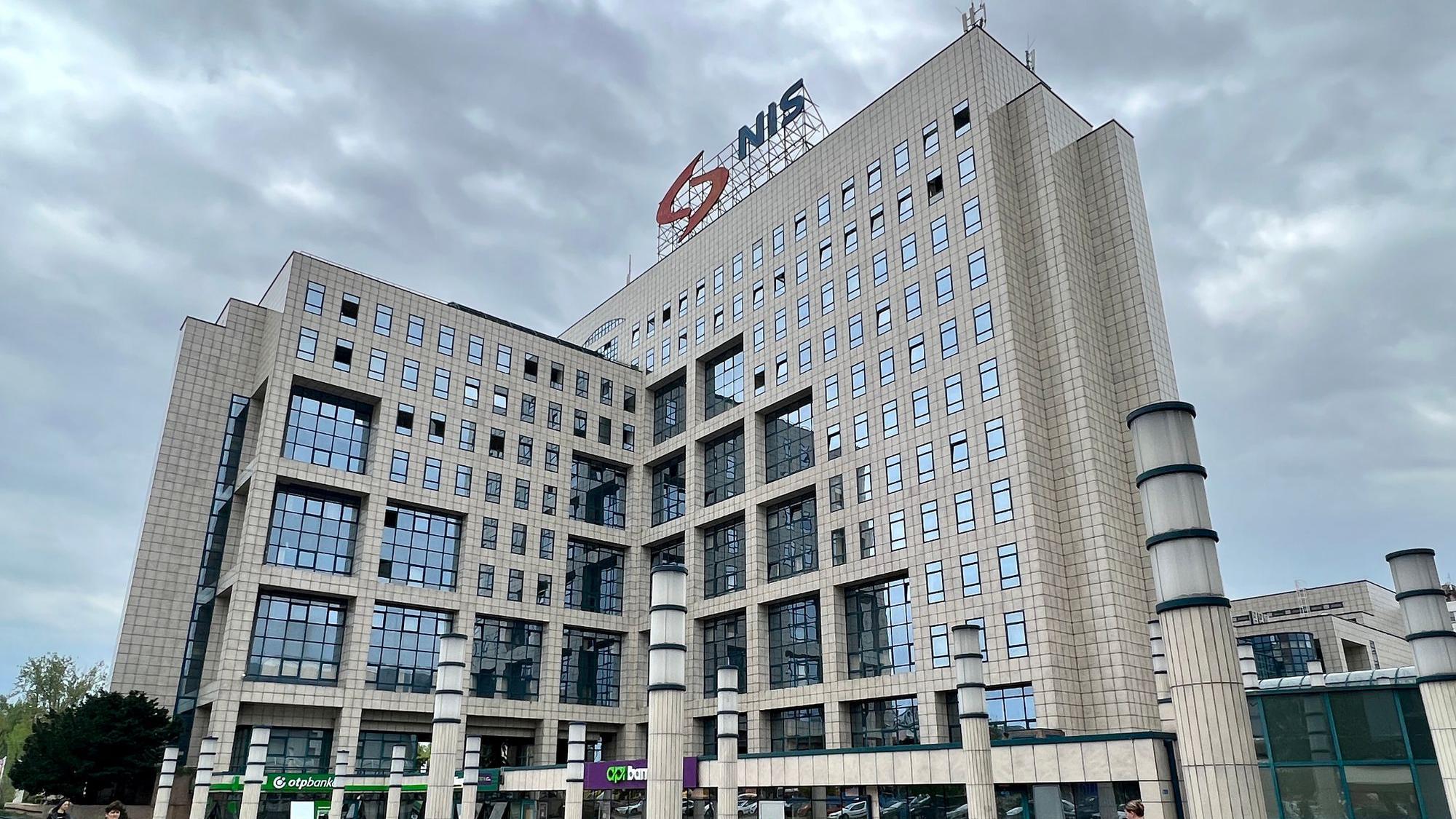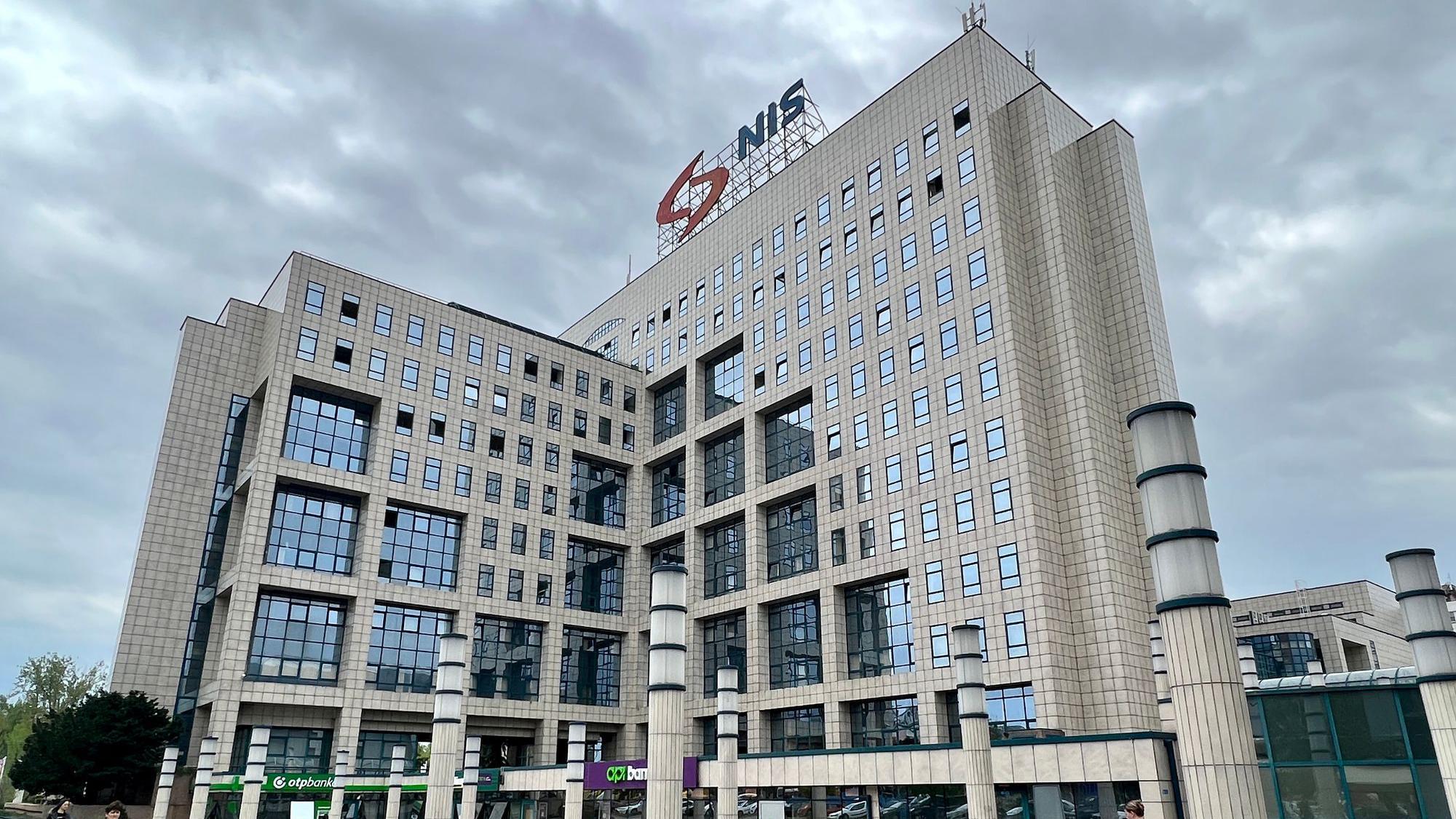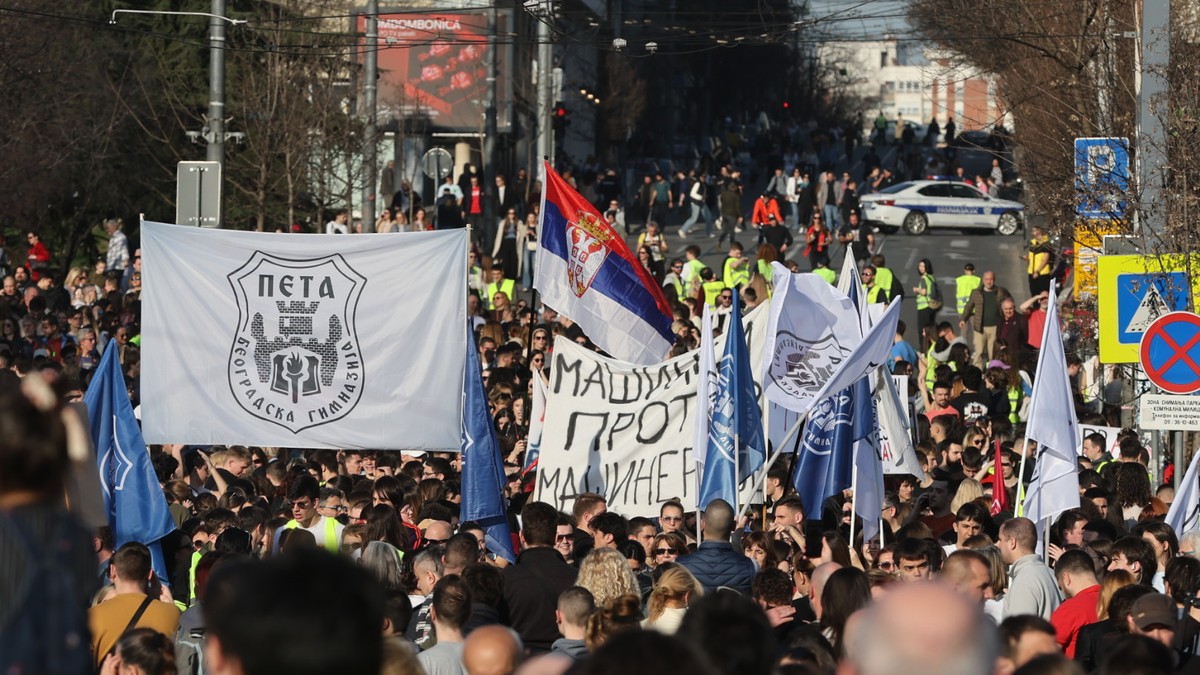US Sanctions on NIS: Serbia and Russia in an Endless Energy Soap Opera
Welcome to the latest episode of the Balkan energy soap opera! The US sanctions on Serbia’s oil industry, specifically the company NIS, have been postponed for the fourth time for another 30 days. Yes, you read that right – the fourth time! The sanctions, originally set to take effect on February 27, have been delayed again, leaving Serbia caught in a whirlwind of diplomatic and economic games between Washington, Belgrade, and Moscow.
Who is NIS and why is it targeted? NIS is an oil company where the Russian firm Gazpromneft holds about 56% of shares, while the Serbian state controls around 30%. The rest belongs to minority shareholders. The sanctions are part of US measures against Russian energy companies aimed at reducing Moscow’s revenues that finance the war in Ukraine. Gazpromneft has been under US sanctions since January, and NIS is targeted due to its ownership structure.
Why are the sanctions constantly postponed? Serbia sent a letter to the US administration supporting NIS’s request to delay the sanctions. Why? Because sanctions could seriously jeopardize Serbia’s supply of petroleum products. The refinery in Pančevo might stop operating, and the market would lack sufficient energy supplies. Energy experts warn that long-term sanctions could destabilize the economy, increase inflation, and discourage foreign investors.
Diplomatic struggle and ownership games Serbian President Aleksandar Vučić stated that Serbia wants the complete exit of Russian ownership from NIS but will not seize property – they are ready to pay, just tell them to whom. US officials, like Ambassador Christopher Hill, claim that a change in ownership would bring peace and prosperity to the region. Serbia is considering options – from buying out Russian shares to negotiations with Washington and Moscow.
What if sanctions remain? Consequences could be catastrophic: fuel shortages, price hikes, reduced consumption, and economic instability. NIS controls about 80% of the fuel market in Serbia, and the state has strategic reserves for only two months. Energy experts warn that after that, a real crisis would follow.
Regional impact and Janaf The Croatian company Janaf, which operates the oil pipeline through which Serbia receives most of its crude oil, is also involved. Sanctions could jeopardize their business, and Croatian Prime Minister Andrej Plenković emphasizes the importance of energy stability for Serbia and the region. Janaf and NIS have a contract for oil transport until the end of 2024, but there is a force majeure clause that can terminate the contract in case of sanctions.
Conclusion: An endless energy drama Serbia is caught in a complex web of sanctions, ownership relations, and geopolitical pressures. While sanctions are postponed, energy security is on shaky ground. Will Serbia manage to free itself from Russian influence without economic consequences? Will Washington and Moscow find a compromise? Or will we watch another season of this Balkan soap opera?
In any case, it’s time to ask – who is really pulling the strings here? And you, what do you think about this energy drama? Is Serbia a victim or a player on the big geopolitical board? Drop a comment, let’s see who’s on whose side in this power game!












